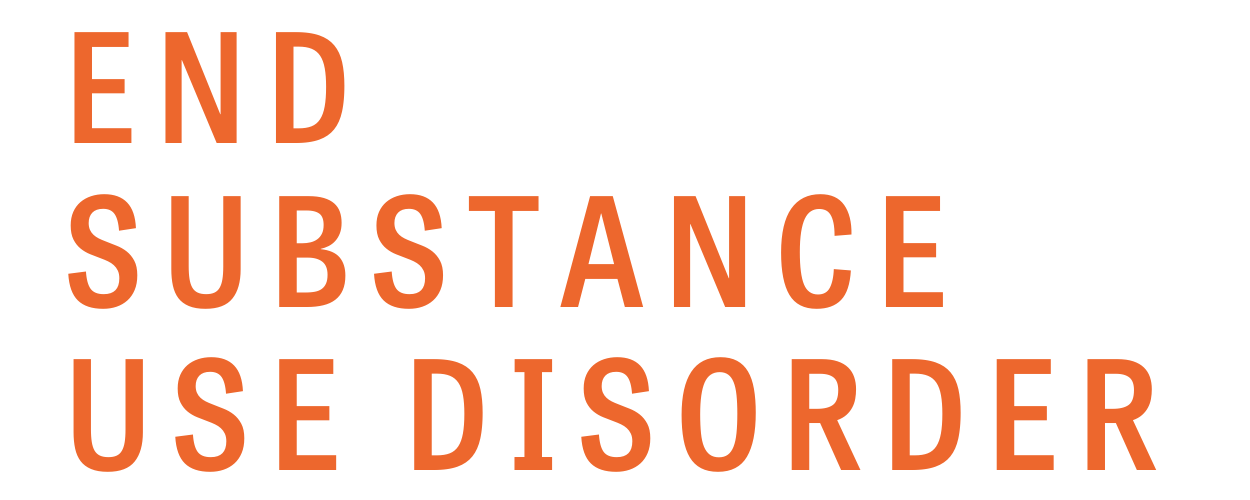End Substance Use Disorder Commends President Biden for Actions to Reduce Harms from Cannabis
Today, President Biden announced reforms to address inequities and harms from the criminalization of cannabis. The reforms including pardoning federal crimes for possession of cannabis and launching a review of federal restrictions on the medication. End Substance Use Disorder released the following statement:
“We applaud President Biden for taking a significant step to address the suffering caused by outdated federal laws that criminalize cannabis,” said Erin Schanning, president of End Substance Use Disorder. “At the same time, we recognize that the President’s actions today are a first step towards healing the inequities perpetuated under these senseless rules. We urge the Biden-Harris Administration and Congress to legalize cannabis while regulating its use to provide appropriate safeguards on marketing and under-age exposure. We must ensure equal opportunity for jobs, housing, education, and food support regardless of the color of our skin or our income.”
President Biden announced two major actions today:
First, President Biden pardoned all prior federal offenses for simple possession of cannabis. Possession of cannabis became a crime at the federal level in the 1970s. While people of all races and ethnic background use cannabis at similar rates, Black Americans and people of color have been disproportionately arrested and incarcerated for those offenses. Once people have a criminal record, they face immense difficulties in accessing housing, education, and employment opportunities. The President’s pardons will clear their records of these offenses and help people rebuild their lives. In addition, because most cannabis possession offenses occur at the state level, the President urged governors to issue pardons as well.
Second, the President asked the Secretary of Health and Human Services and the Attorney General to launch a review process to assess how cannabis is scheduled under federal law while calling for limitations on marketing and under-age sales. Currently, cannabis is a Schedule I drug under the Controlled Substances Act - the most restrictive level. This scheduling is meant solely for drugs considered to be extremely dangerous. This scheduling not only involves significant criminal penalties, it also restricts research on the substance and its medical uses.
Nearly 40 states have legalized, decriminalized or allowed medical use of cannabis. In addition, the U.S. House of Representatives voted to fully remove cannabis from the list of federal controlled substances in April 2022 (though the Senate has yet to act).
